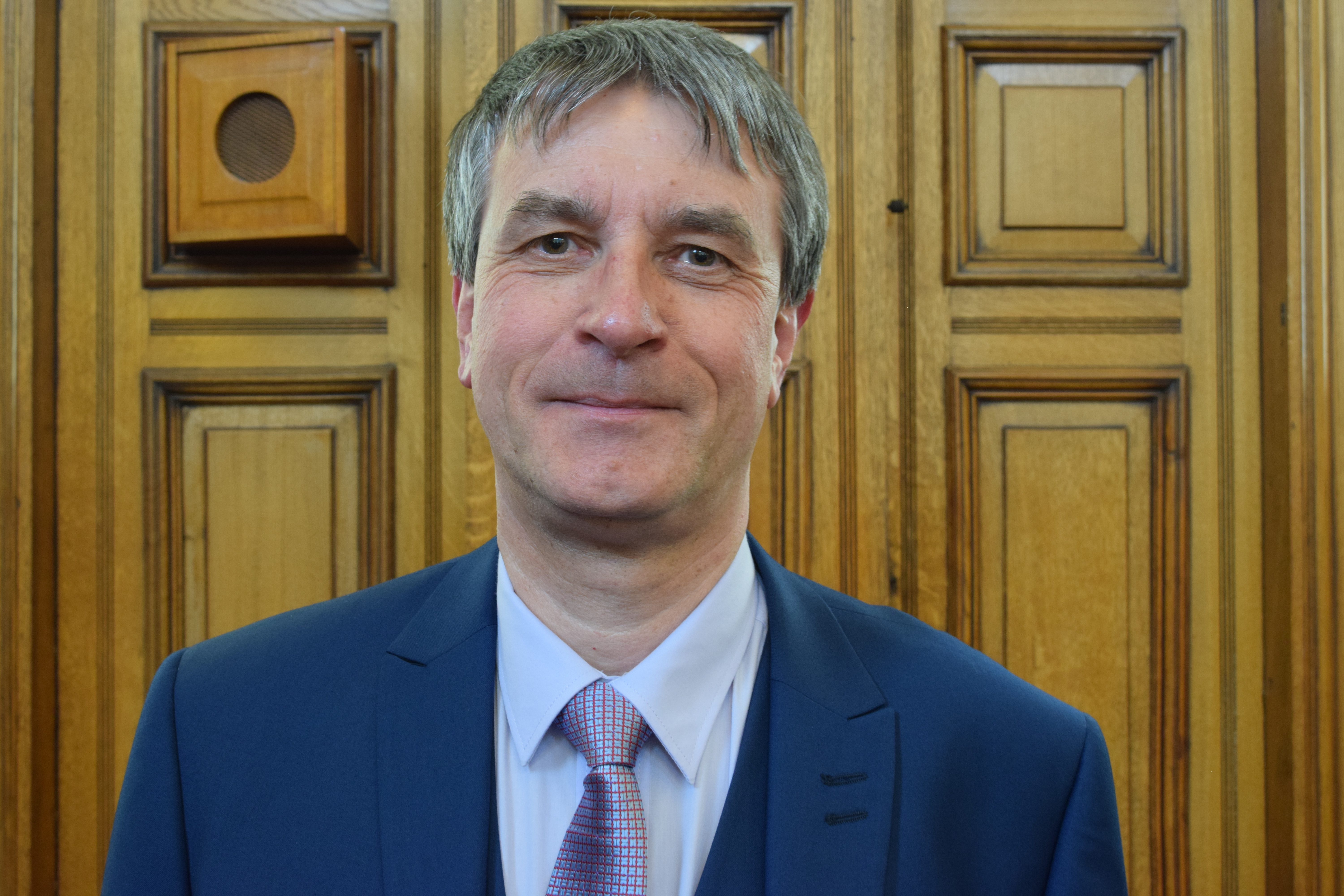NORTH East Lincolnshire’s Council met last night (Thursday 23 February) to approve the authority’s proposed budget for the financial year starting in April.
Members voted to agree both the 2023/24 budget and summary, and the 2025/26 Medium Term Financial Plan.
Summarising the financial outlook for the year ahead, the budget and plan states how it is set against ‘significant economic uncertainty, with high inflation, increased energy costs, rising interest rates and national pay awards all impacting on the council’s financial position’.
However, it says, the authority must ‘continue to be ambitious in the regeneration of the borough, delivering physical transformation which will encourage growth in business, raise aspiration and improve community confidence’. It highlights how significant pressures also remain within Children’s Services as the council continues to work with the Department for Education and its commissioner to continue its long-term programme of improvement.
At the meeting, Council Tax and Adult Social Care precept was agreed.
The original proposals included an increase of a total of 4.98%, however, at the meeting, a reduction to the proposed Council Tax element was approved, meaning that the total uplift to Council Tax bills will be 3.98%, with 2% of this ringfenced to support Adult Social Care.
In real terms, this will be an increase of £0.88 per week for a Band A household, and £1.32 per week for a Band D.
However, almost 13,000 North East Lincolnshire low-income households do not pay that amount as they receive up to 65 per cent reduction thanks to the Local Council Tax Support Scheme. It has been confirmed that this will remain for next year. To find out more about that and other possible support please go to Council Tax support | NELC (nelincs.gov.uk).There are also a range of other support packages available for those on lower incomes, including:
- Discretionary housing payments;
- Household support grant;
- Council Tax Hardship fund.
Following the Council meeting, the Leader of the Council, Cllr Philip Jackson (pictured), said: “The national economic picture, along with increasing costs in a number of areas, is certainly bringing pressure upon us as an authority, as it is with all authorities across the country. However, whilst we know that we have pressures on us as an authority, we also recognise that people are also needing help in our borough as they face an increased cost of living, with high energy, fuel and household living bills. This is why we’ve taken the decision to reduce the council tax uplift.
“We remain sure and resolute in ensuring we balance those challenges against the need to improve and regenerate our towns for the future. We must also ensure that we deliver the best possible care for our children and young people. We believe this can and will be achieved.”
About Adult Social Care:
The 2 per cent rise in the Council Tax precept for Adult Social Care will generate an additional £1.2m of funds in North East Lincolnshire.
Adult Social Care aims to help people stay as independent as possible, safe and well so they can live the lives how they want to. This includes people who are frail, have disabilities or neurodiversity, mental health issues, as well as supporting the people who care for them.
Many people who are supported by Adult Social Care are older people. Like many areas, North East Lincolnshire has an ageing population with many people living with one or more long term health conditions who need extra support to enjoy their lives. Data shows that whilst the overall population of the borough is static, it is rising in older people with a particular increase predicted in those over 80.
Long term extra support can come in the form of residential care homes or support in a resident’s own home. Currently in North East Lincolnshire 562 people are supported by Adult Social Care funds to reside in care homes and 1,309 people get support at home. This does not include people who fund their own care.
Support at home and care homes are also playing a hugely important role alongside NHS services and social care support in enabling people to leave hospital when they are not able to return straight away to their usual place of residence. This is helping to ease pressures on hospital services.
With the exception of people leaving hospital, who are supported by a bespoke discharge fund, the £1.2m of monies raised in North East Lincolnshire from the two per cent Council Tax precept goes towards all of the above – playing a role in continuing to provide care to vulnerable adults. In the years ahead these needs will grow as the number of older people living in North East Lincolnshire increases, in line with what we are seeing across England.
Article from NELC.

About the author